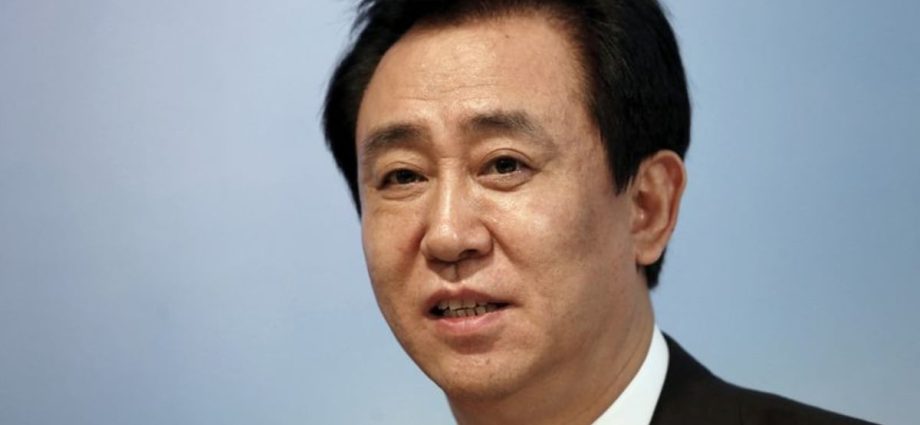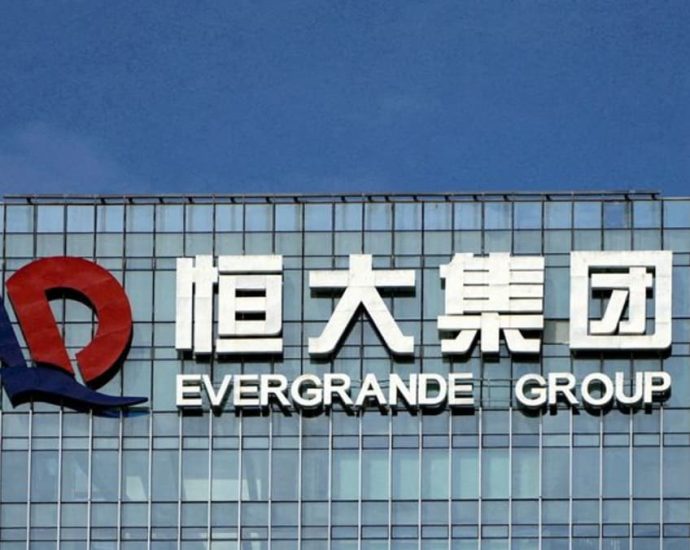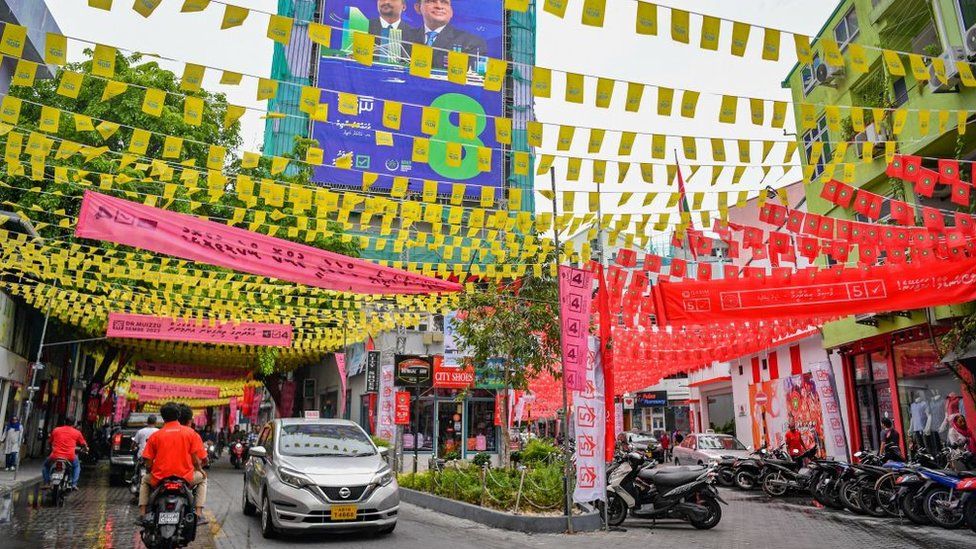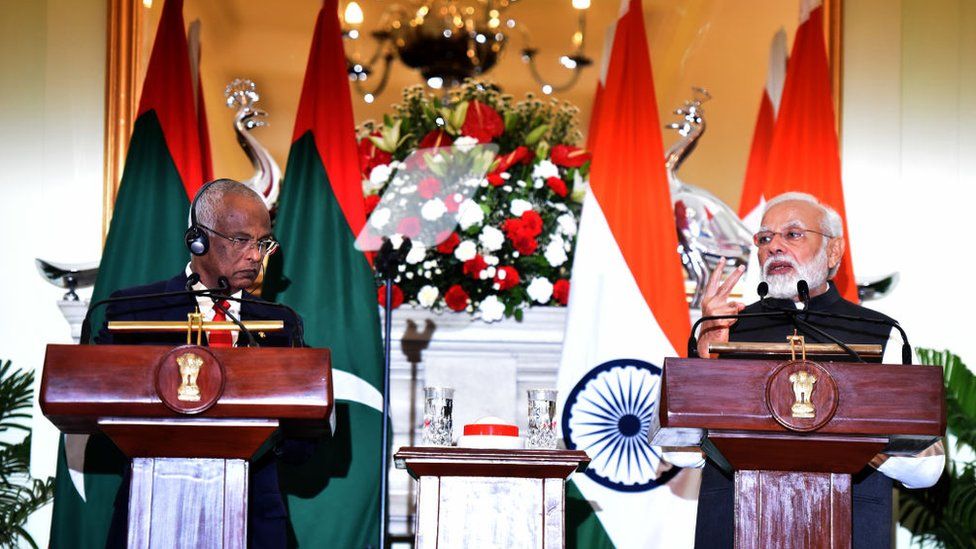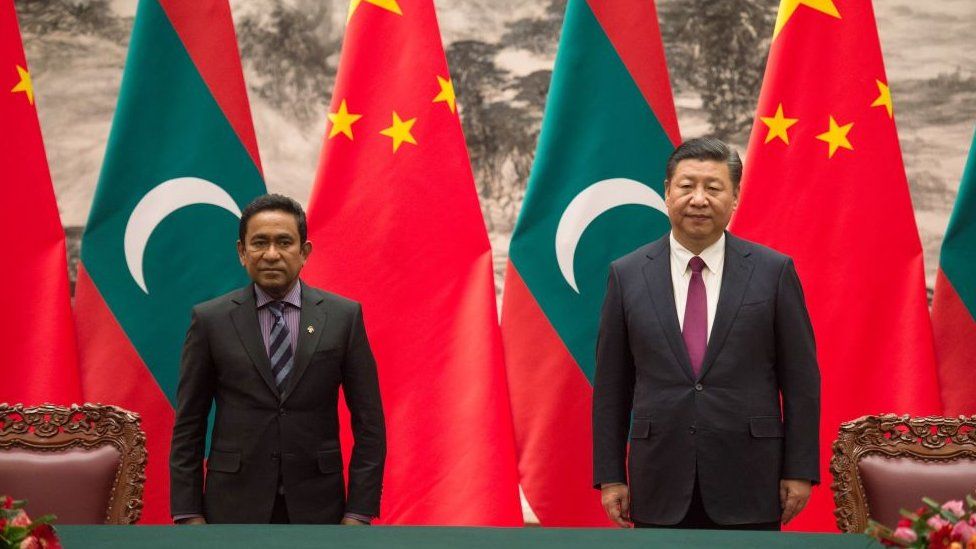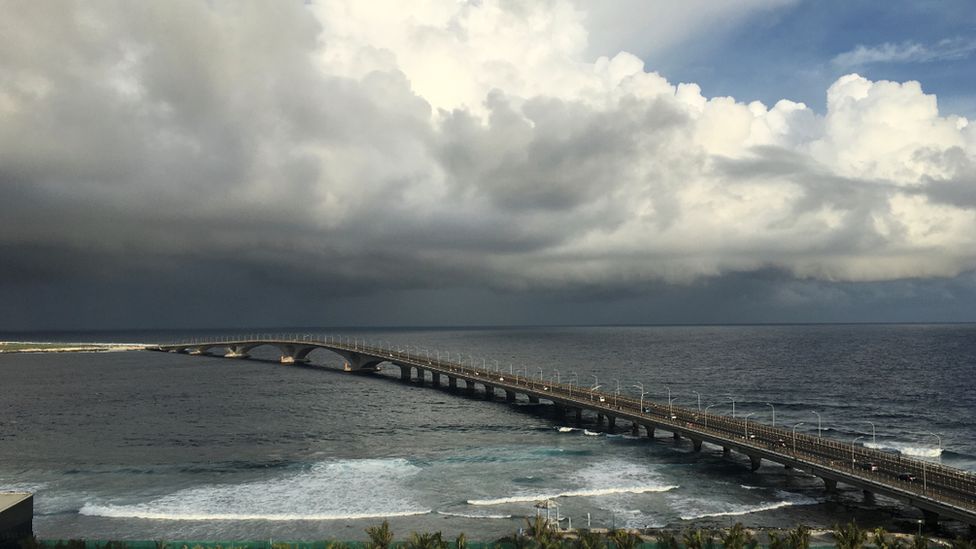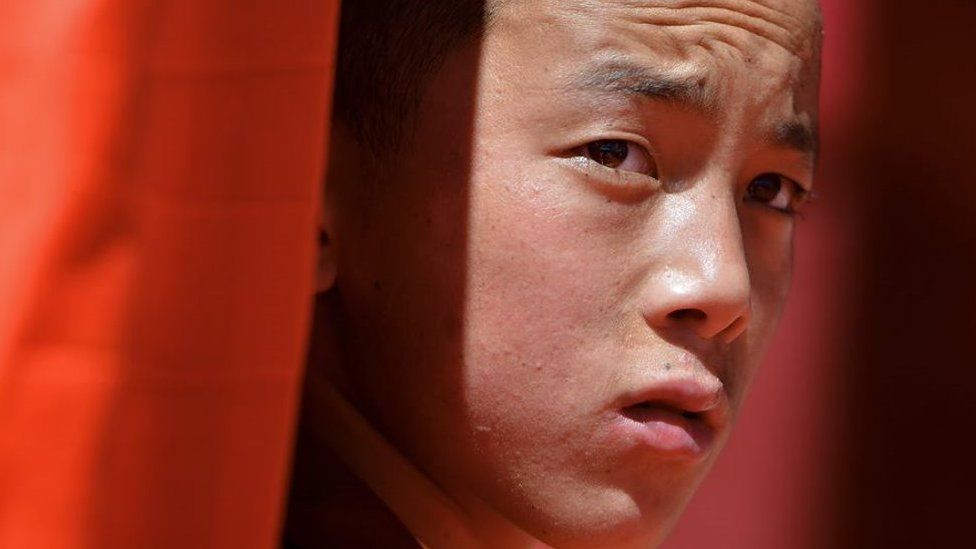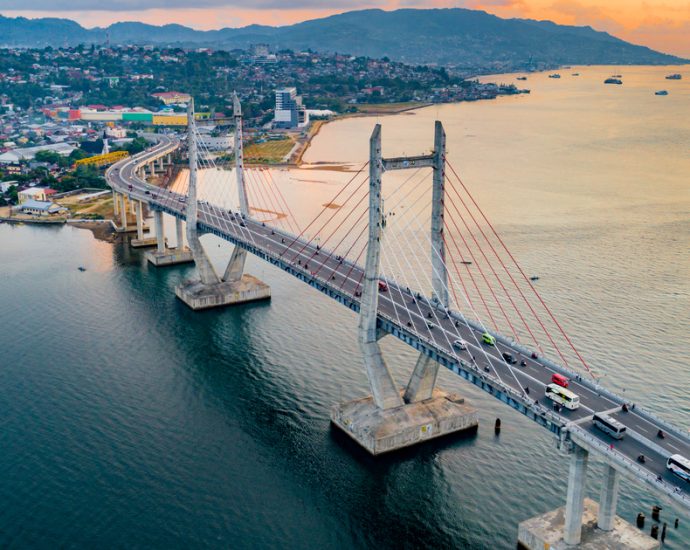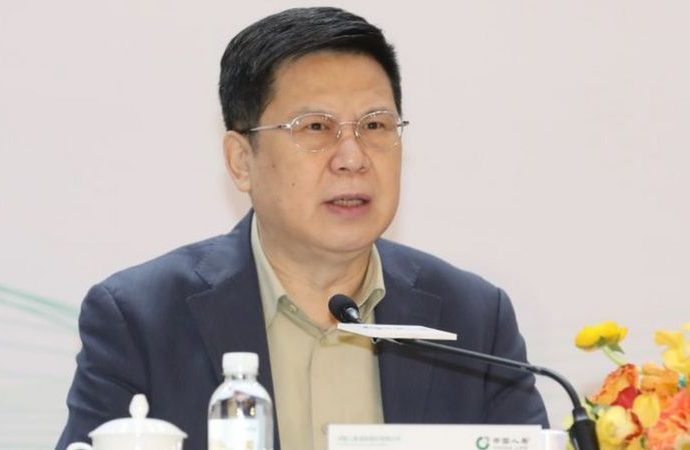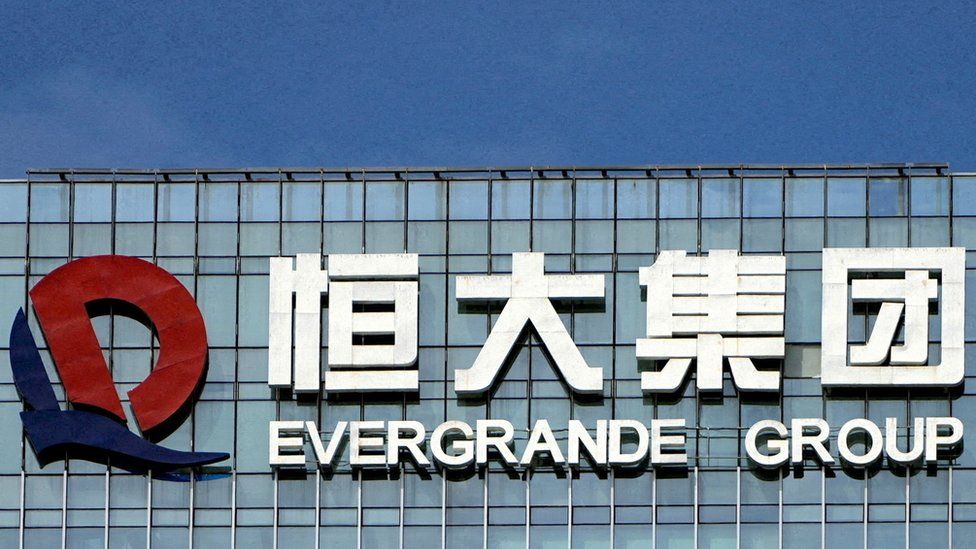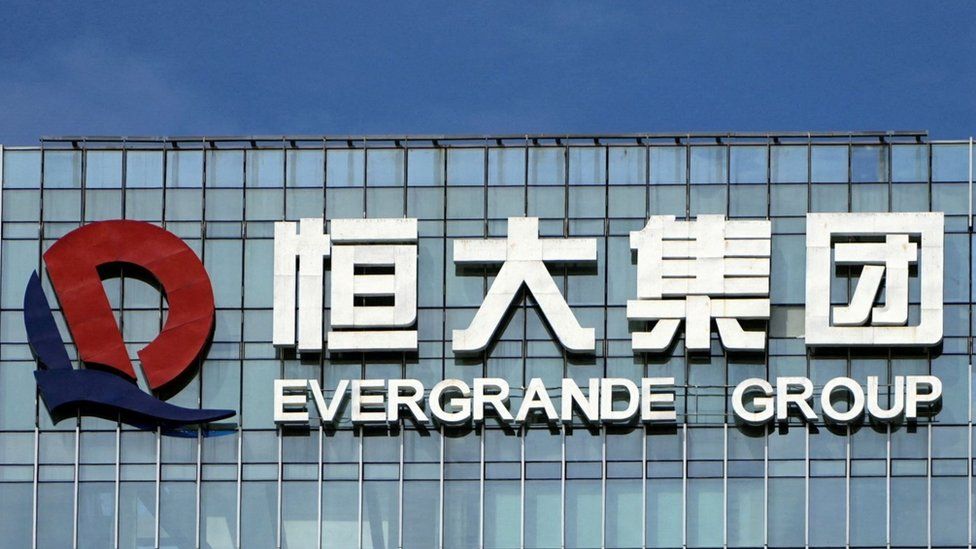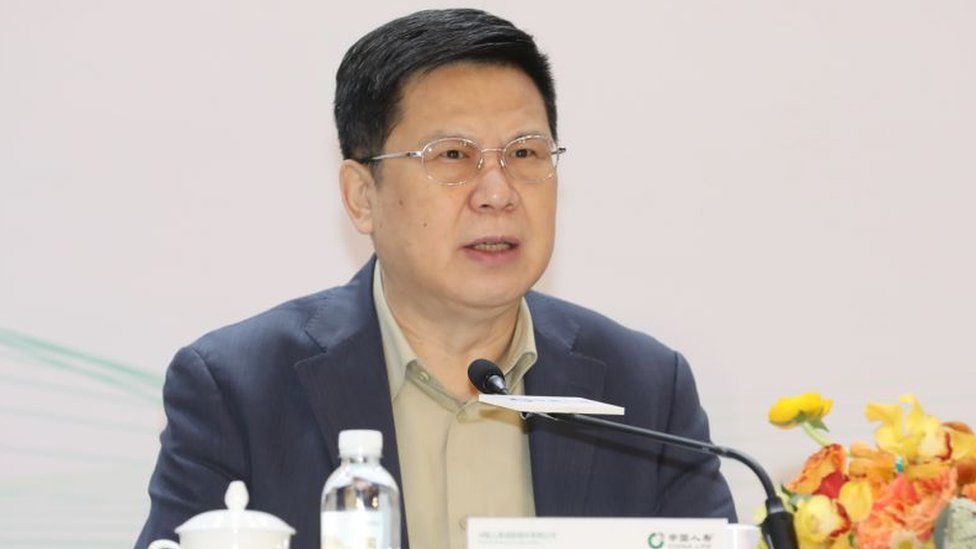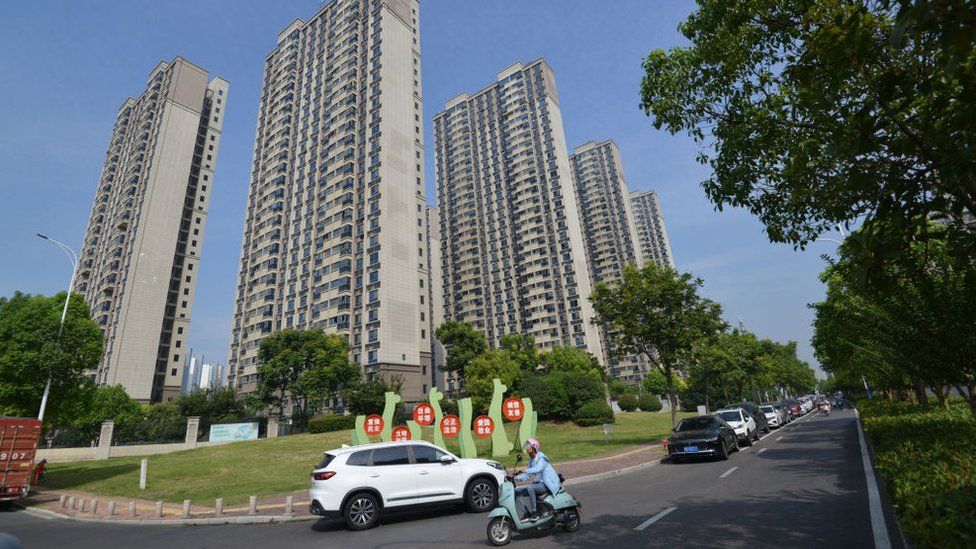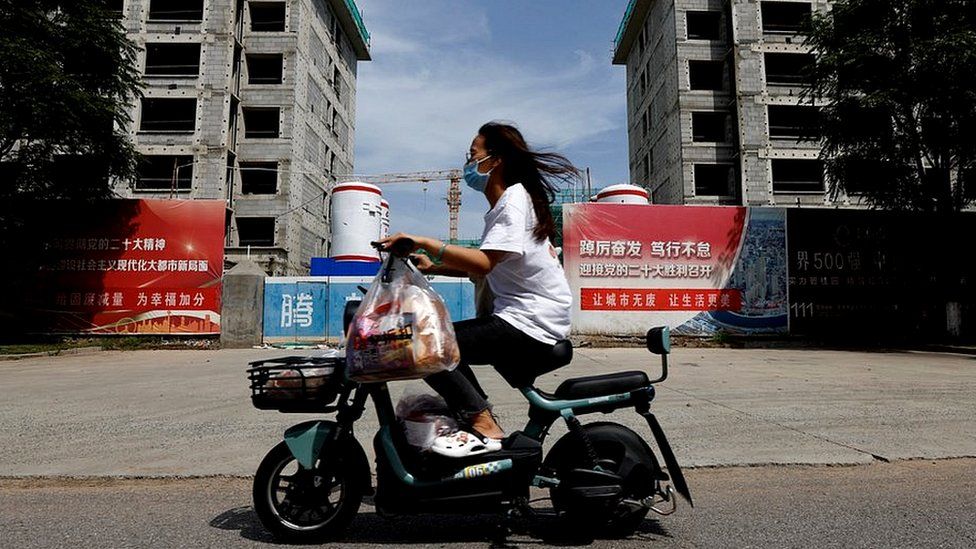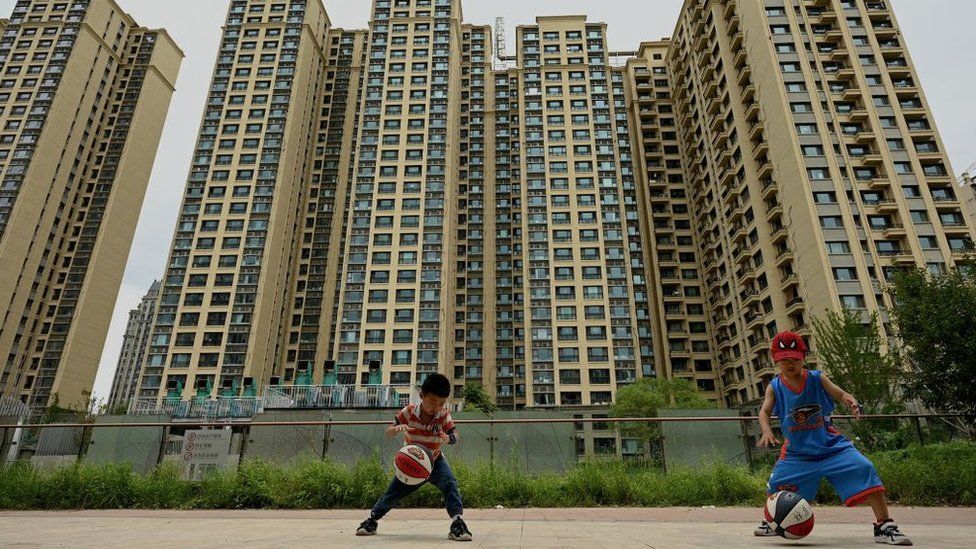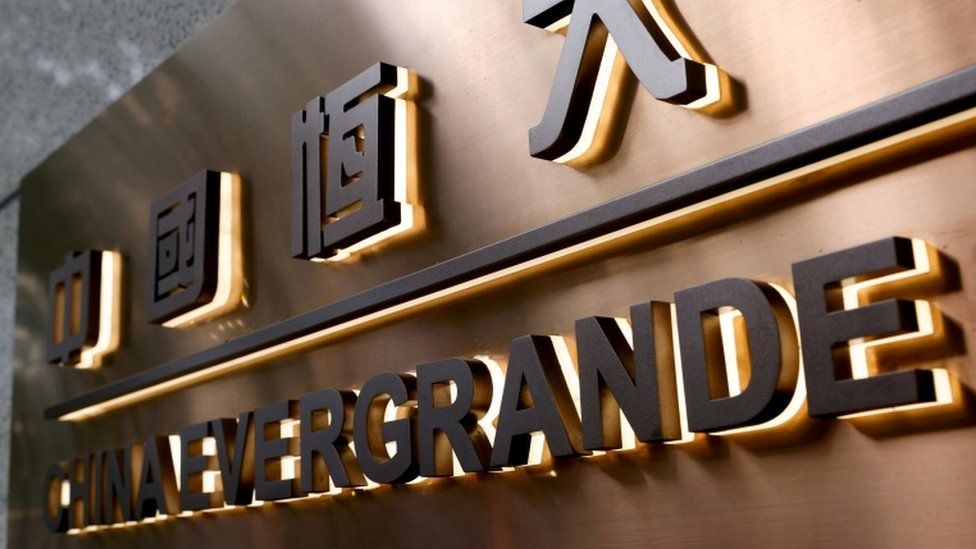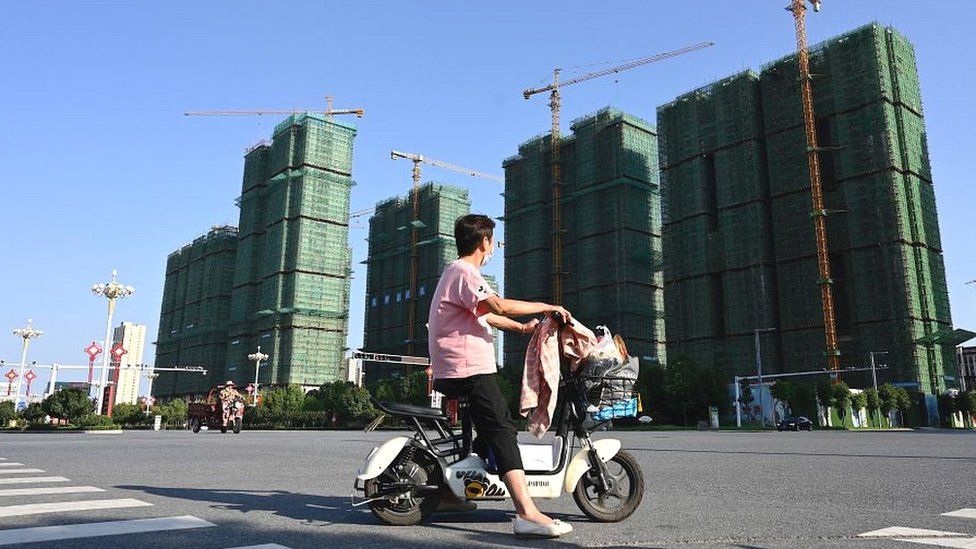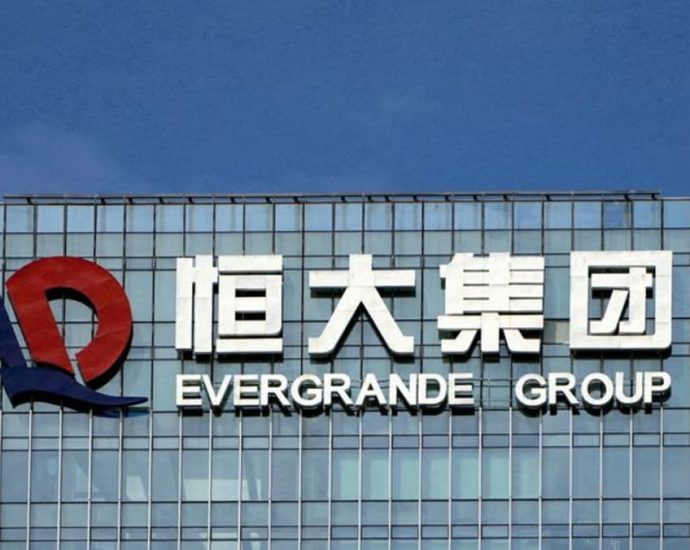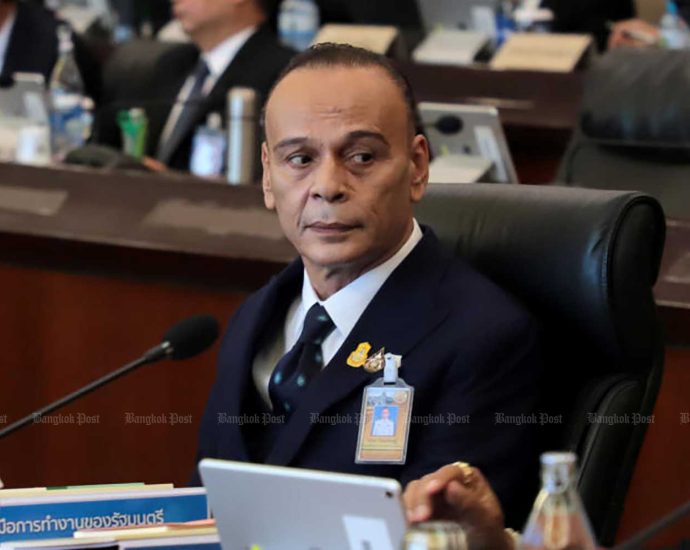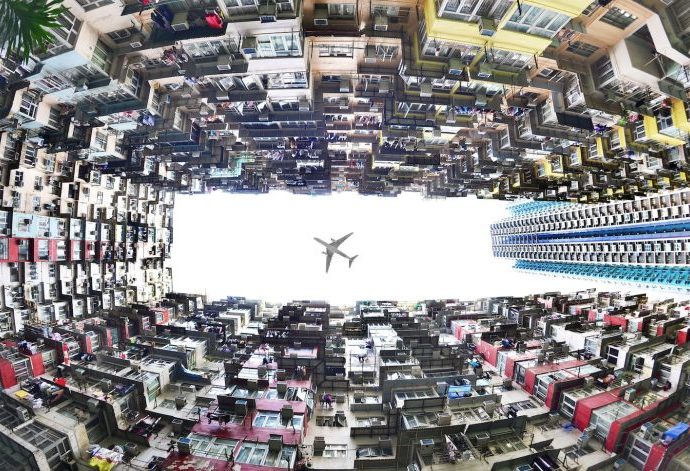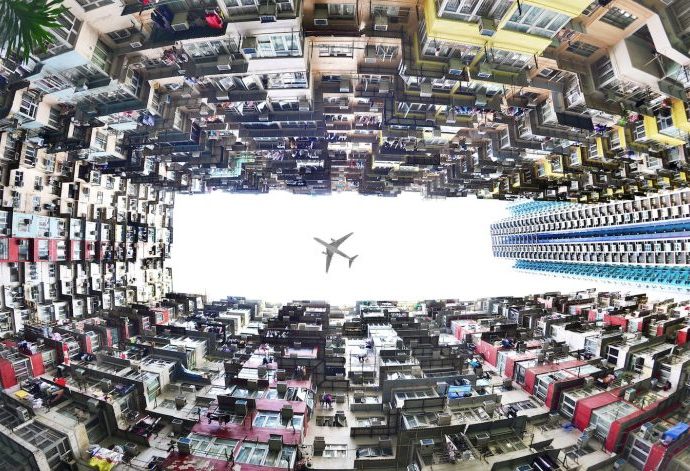Pressure piles on China Evergrande with chairman Hui Ka Yan under police surveillance
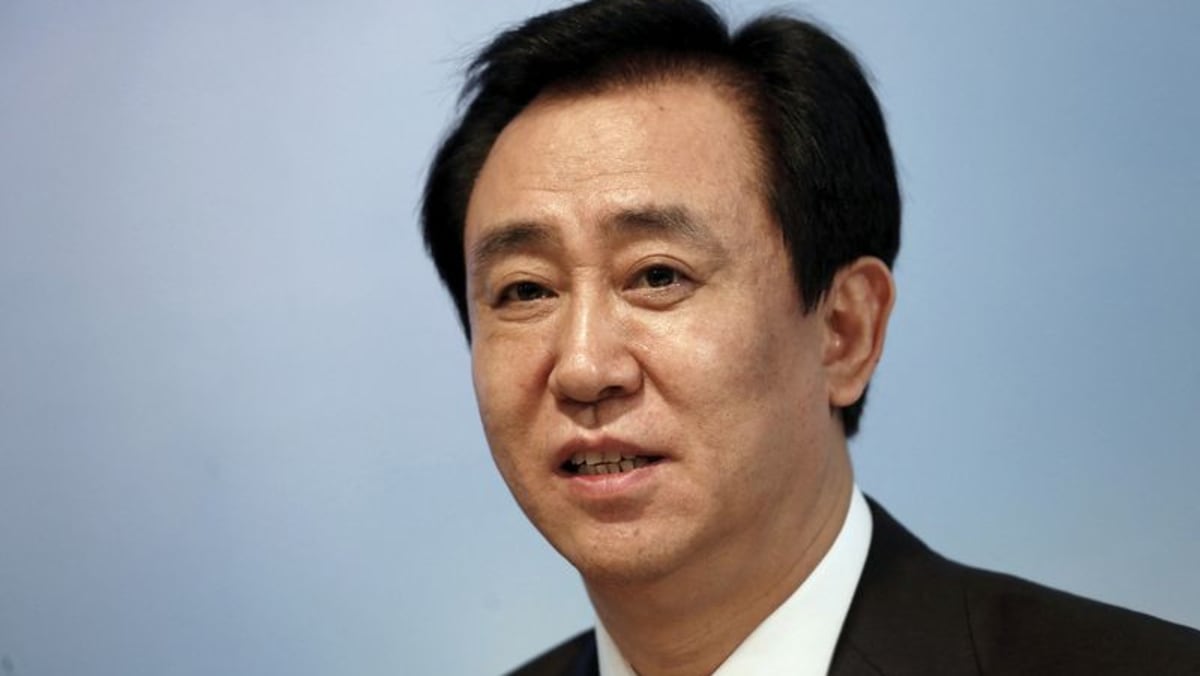
HONG KONG: The chairman of China Evergrande Group has been placed under police surveillance, Bloomberg News reported on Wednesday (Sep 27), ratcheting up pressure on the embattled developer whose outlook has already darkened significantly this week.
Citing people with knowledge of the matter, the report said Hui Ka Yan was taken away by police earlier this month and is being monitored at a designated location.
It was not clear why Hui was placed under residential surveillance, Bloomberg News said, adding the move was a type of police action that falls short of formal detention or arrest and does not mean Hui will be charged with a crime.
Reuters could not immediately verify the Bloomberg report. Evergrande did not immediately respond to a Reuters request for comment.
Earlier this month, police in southern China detained some staff at Evergrande wealth management unit, suggesting a new investigation that could add to the property giant’s woes.
Evergrande is the world’s most indebted property developer and is at the centre of a crisis in China’s property sector, which has seen a string of debt defaults since late 2021 that has dragged on the growth of the world’s second-largest economy.
The company rattled markets afresh when it said on Sunday it could not issue new bonds as part of its offshore debt restructuring plans because of a regulatory investigation into its main Chinese unit, Hengda Real Estate.
Then Hengda said on Monday it had failed to pay the principal and interest on a 4 billion yuan (US$547 million) bond due by a Sep 25 deadline.
China Evergrande Group’s shares rose nearly 4 per cent in early trading on Wednesday.
The rise came despite growing uncertainty about the cash-strapped developer after Reuters reported that some of its offshore creditors were planning to join a liquidation court petition filed against the company if it does not submit a new debt revamp plan by end of next month.
Evergrande’s Hong Kong-listed shares opened down 3.8 per cent at HK$0.38, but reversed losses and were up nearly 4 per cent in early trade.
Markets are also focused on another major Chinese developer, Country Garden, which is facing a new bond coupon repayment deadline on Wednesday.

